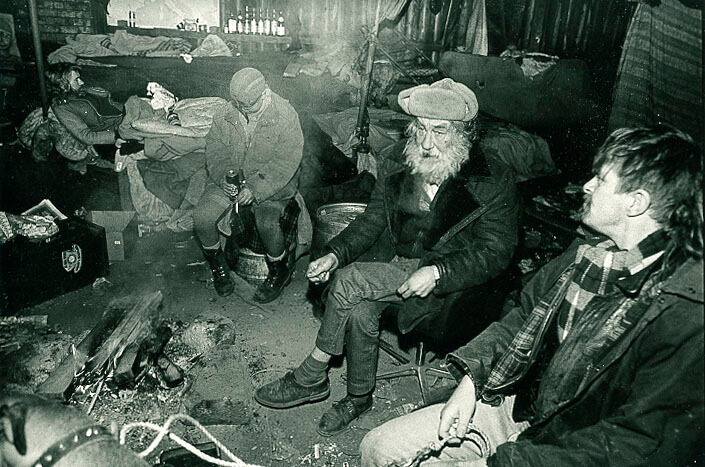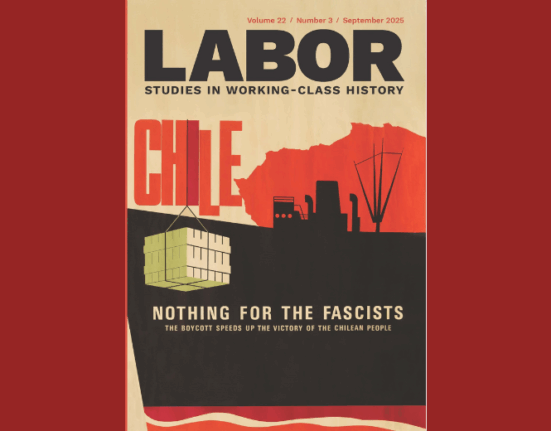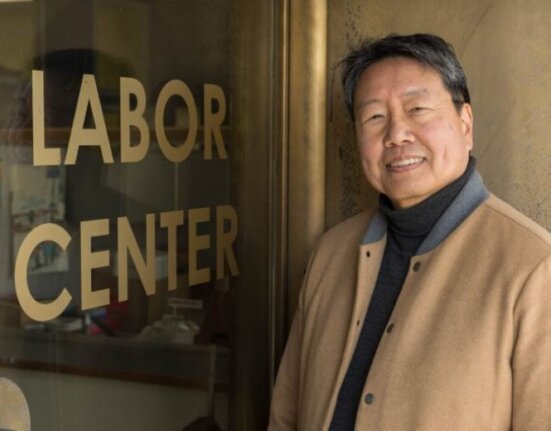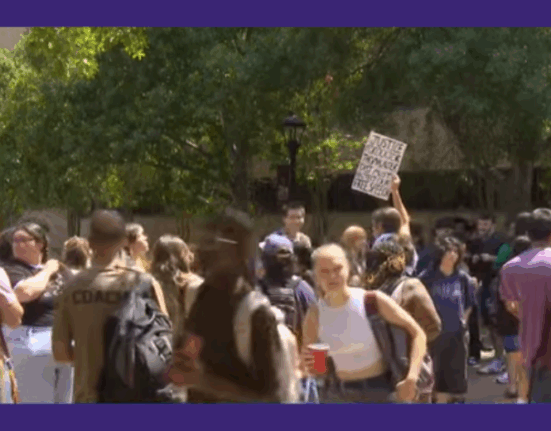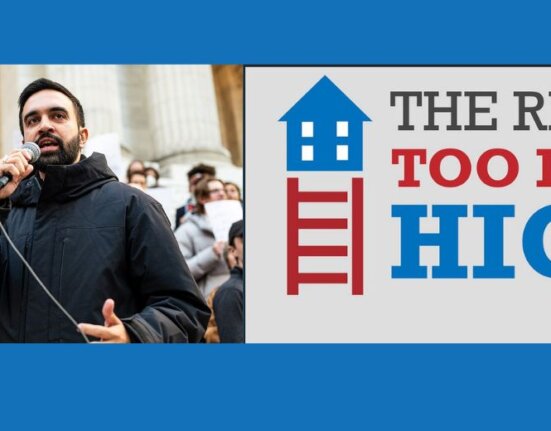I spent my teenage years in 1980s Thatcher’s Britain. Working-class people struggled in a grim environment. Three million people were unemployed, local services and the NHS were underfunded, and attacks were launched against unions (as a result of the miners’ strike). A culture of greed and excess characterised the City of London (the financial centre of the country). Life was hard, people suffered, many lost their homes and lived in cardboard cities in Central London. Towns faced pit closures and working-class people lost their main source of income and identity. Race riots broke out due to racism and police intimidation of Black Britons. The mainstream media’s coverage of the Falklands war whipped up xenophobia and nationalism. Angry people felt unheard by their elected representatives.
When I think back to the 1980s in my working-class neighbourhood, I remember unmaintained public housing, under-resourced schools, long waiting lists for medical treatment, heroin addiction, rough sleepers, and disenfranchised youth. Ideological attacks were launched at any ideas perceived as ‘lefty’ and empathy was withdrawn from people receiving welfare. This was a far cry from the clichéd pop culture imagery of the 1980s as big hair, shoulder pads, leg warmers, and Duran Duran (although pop culture offered some powerful responses to the times). Young working-class people felt alienated from parliamentary politics – who was listening to the unemployed youth and kids still in school facing such uncertain futures? No one, it seemed. Many of my peers lost faith in the main parties (including Labour). I don’t remember any of my friends talking about voting in the general election of 1987, when the Tories, still led by Thatcher, were returned in their third consecutive win. Arguably, this election saw Labour move away from the left and towards the centre. But for the Tories to be returned so convincingly, many working-class people must have voted for them. Why did so many vote for a party that put their interests last?
I left the UK in 1992 and started a new life as an immigrant in Australia. But I still identify as British and have maintained my links to my homeland. I’ve been watching events there since I left and have felt particularly angry at how working-class people have been harmed by the policies the Tories implemented since they regained power in 2010. It feels like the 1980s again, but much worse. The unemployment rate may be lower (at 4.8%, from a high of over 11% in the mid-1980s), but it seems that the government has found ways to exclude people from the official figures, so the picture isn’t complete. And the prevalence of short term and casual contracts means high levels of precarity among those who do have jobs, who often earn minimum wages.

Savage cuts have hit public services hard, and an increasingly under-funded NHS is struggling to keep up with the demand for health services. Schools are in disrepair, local services are almost non-existent, with youth centres, libraries, and local programs designed to improve quality of life diminished or disappearing. Public housing is being sold off to private developers and tenants evicted. A cap on housing benefits has forced people on low incomes and receiving welfare to move out of London and relocate hundreds of miles away from family, friends, and support networks. Changes to rules for welfare have drastically reduced or even suspended people’s incomes. People cannot afford to buy food and must queue up for food bank assistance. Homelessness is on the rise, with the numbers of rough sleepers in cities increasing significantly – a reality that can’t be ignored, because they can easily be seen on the streets. Austerity measures have hit working-class people very hard.
What, then, will working-class class people in Britain do when the country goes to the polls on June 8th? Many commentators have analysed the rise of anti-politics and the increasing shift of support from so-called establishment politicians to their populist contenders. The Brexit vote, the election of Trump, and the increased vote share of Pauline Hanson’s One Nation Party in Australia have all been blamed on disillusioned white working-class voters who feel ignored by the mainstream political parties. But the working-class is diverse in terms of race and ethnicity, and some analysts have suggested that the rise of populist politics globally is much more complex. For example, many Trump, Brexit, and One Nation supporters are middle-class and affluent (although they are predominantly white).
Will the British working class take stock of Tory policies since the 1970s and decide that enough is enough? Will they insist on being heard? Will they fight back through the ballot box? Can Jeremy Corbyn’s Labour party provide working-class people with real representation? Has his party done enough to win back working-class voters? Most importantly, will working-class people actually enrol to vote and exercise their democratic right? I’m worried that if history repeats itself, working-class people who make it to the polling booths could once again vote in a Tory government. The consequences of five more years of austerity are too awful to contemplate. My greatest hope for Britain at the moment is that this time, working-class people stand up and fight back!

